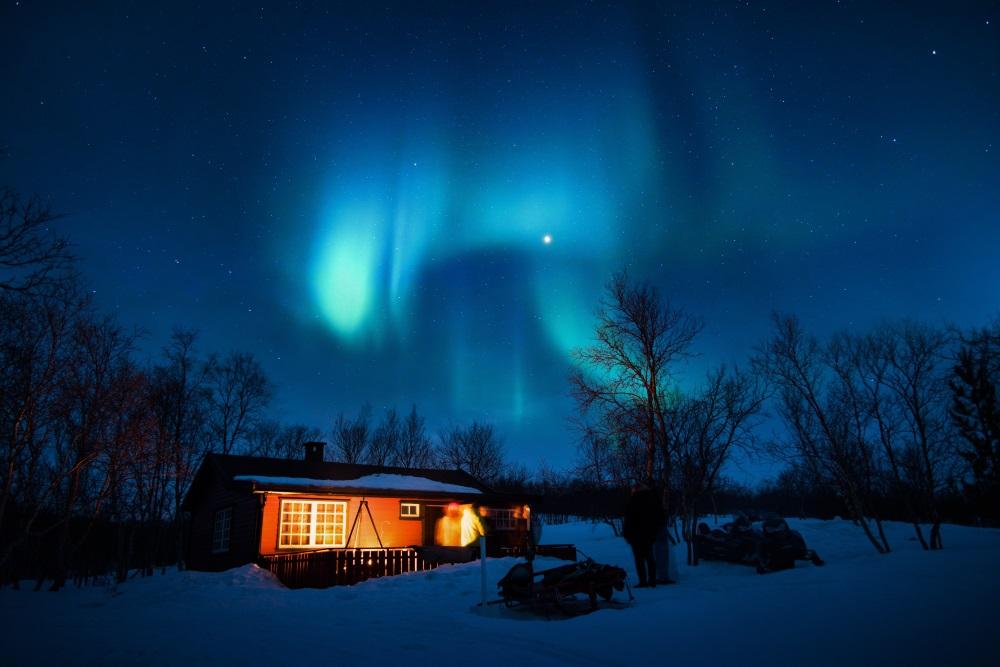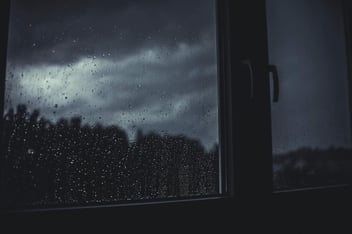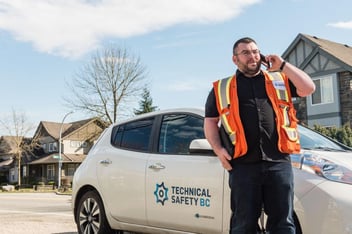Strong winds, heavy rain, or snow on the way? Extreme weather can affect gas equipment, electrical appliances, and lead to decisions that may affect safety. Here are our top five tips to prepare you for a snow day, and more.
Keep gas meters clear
Snow and ice on a gas meter set can damage the fittings and pipes causing leaks and potentially a fire hazard. To keep it clear, gently remove any snow build-up on your meter set with your hands, a brush, or small broom.
Exercise caution around propane tanks
Piping, gauges, tubing and regulators are fragile and allowing snow and ice to build up on them can be dangerous. Use a broom, brush or your gloved hand to gently clear off snow. Never use a shovel to get snow or ice off of a tank because of the risk of damage.
Keep exterior vents clear
If snow and ice are allowed to accumulate near the exterior vents of your home, flue products that contain carbon monoxide can be prevented from venting outside, and may recirculate into your home putting you and your family at risk. After each snow fall, take a quick walk around your property to make sure exterior vents for air intake louvres, dryers, furnaces, etc. are swept clear so that equipment can operate properly.
Use generators safely
If your power goes out, a generator can be a great backup. But portable gas generators can pose the risk of carbon monoxide. For this reason, never use a portable generator inside your house, garage, basement, crawlspace, shed or in a semi-enclosed space, such as a porch close to the house. Generators should generally be kept at least 20 feet away from the house when in use – follow the certified manufacturer’s instructions for exact clearances and requirements.
Consider lesser known sources of CO
It may be obvious that gas fireplaces can be a source of carbon monoxide, but so can oil-fired appliances and wood or even pellet stoves. Outdoor equipment is only for outdoor use. Do not use propane stoves, outdoor heaters, or barbeques indoors. Watch for the signs of CO exposure, which can resemble the flu and include headaches, dizziness and vomiting. A good safeguard against CO exposure is to have your gas appliances serviced annually by a licensed gas contractor. When using a wood fireplace keep dampers open and crack a window to allow airflow within the home. When using a pellet stove, the best prevention is having your venting cleaned once a year. Having a CO detector on each floor of your home is an important preventative measure.
Want to do some pre-planning? Check out our tips to prepare for extreme weather. If heavy snowfall has resulted in a power outage, check out our tips on who to contact to get your power restored as quickly as possible.




